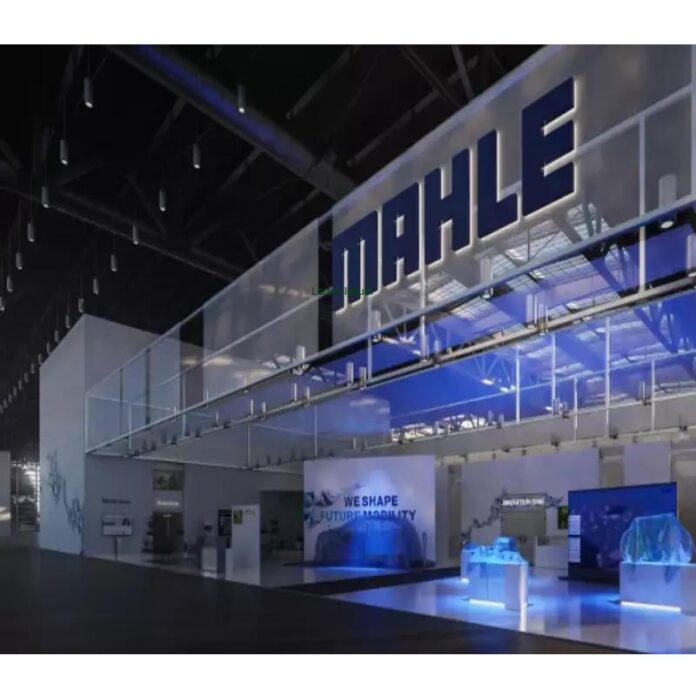
Recently, key members of the G20 including Brazil, the United States, India, and European countries like Italy have established a Global Biofuels Alliance to accelerate decarbonization of the transportation sector. The initiative targets stronger biofuels admixture in regular fuels and broader use of pure biofuels like ethanol or biodiesel.
It is important to adhere to the highest sustainability standards in biofuel production. MAHLE promotes the use of biofuels alongside electric vehicles and hydrogen-based fuels for faster decarbonization. “If we want to stop the increase of atmospheric CO2 concentration, we need solutions for all markets and applications”, says MAHLE’s CEO Arnd Franz. “Biofuels like ethanol have a track record of successful market introduction. For climate-neutral mobility, we need drastically bigger contributions from biofuels.”
In close collaboration with its Tech Centers in Farmington Hills (USA) and Pune (India), MAHLE experts from the Global Bio-Mobility Center in Jundiaí will bundle application engineering knowhow from more of two decades of ethanol and biodiesel engine development.
MAHLE’s head of engineering in Brazil, Everton Lopes da Silva, adds: “Ethanol and other biofuels have proven their efficiency, practicability and competitiveness. With more biofuels, we can move faster towards an emission free society, especially in markets with a strong agricultural sector.”
The MAHLE Tech Center in Jundiaí is one of the largest engine development centers in South America with dedicated resources for internal combustion engine development, which includes testing with sustainable fuels. Digitalization is also part of this tech center, using virtual simulation to optimize the efficient and green engine of the future.







